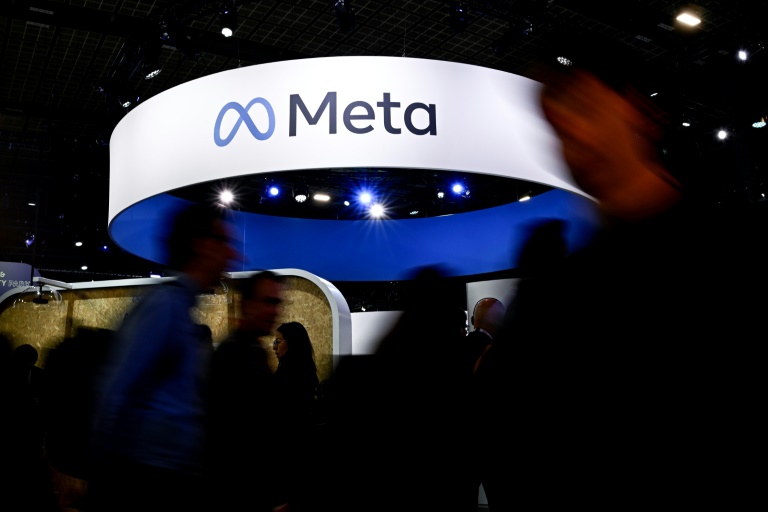For longtime tech industry watchers, the US Department of Justice’s antitrust suit against Google feels like déjà vu all over again. Many of the charges in the suit have almost eerie echoes to those levied against Microsoft in 1998.
Both claim the targets used their monopoly power illegally — in Google’s case, to maintain its market dominance in search; in Microsoft’s case, to use Windows to squash competitors. In both cases, the very core of both companies was being attacked.
Despite those similarities, the current lawsuit against Google won’t be nearly as consequential as was the fight against Microsoft. While it certainly means a great deal for Google’s future, it likely won’t change the world and tech business the way the one against Microsoft did.
Here’s why.
Google’s stranglehold on search
Because of where Google and Microsoft stood in the tech world at the time each was sued, and because of the nature of the charges, the effect of current action against Google will be different. Today, it is just one tech giant among many — Meta, Microsoft, Apple, Amazon, X (the company once known as Twitter), and many others.
The DOJ contends that Google has illegally used its power to maintain a monopoly in internet search, and to kill off any potential competitors before they can even get a start. Its case against Google is relatively straightforward. It claims Google has a monopoly on the search market — more than a 90% market share — and that it maintains that monopoly by paying smartphone manufacturers and wireless carriers, including Apple, Samsung, Verizon and others, a combined $10 billion a year to make Google their default search engine.
The government contends those payments are a “powerful strategic weapon” to kill off and scare away rivals and make sure Google continues to keep its internet search monopoly. In opening arguments, the Justice Department’s lead courtroom lawyer, Kenneth Dintzer, said, “This feedback loop, this wheel, has been turning for more than 12 years. And it always turns to Google’s advantage.”
If the government wins, Google will likely no longer be allowed to make those payments. The effects of doing that, though, are unclear. Will people abandon Google in droves for other search engines? Keep in mind that the default search engine for PCs is Microsoft’s Bing, and yet Google dominates desktop and laptop search — it has more than 83% market share. (Note: the default search for Macs is Google, but Windows has a 70% worldwide operating system market share for desktops and laptops.) It may be that many people simply believe Google’s search is better than that of its competitors.
And even if users do choose alternate search engines such as Bing, DuckDuckGo, or others, will that really change the way they use their computers or the internet? Unlikely. They’ll just use a different search engine to find what they’re looking for.
Will it allow a new…
2023-10-02 06:00:07
Original from www.computerworld.com rnrn



















